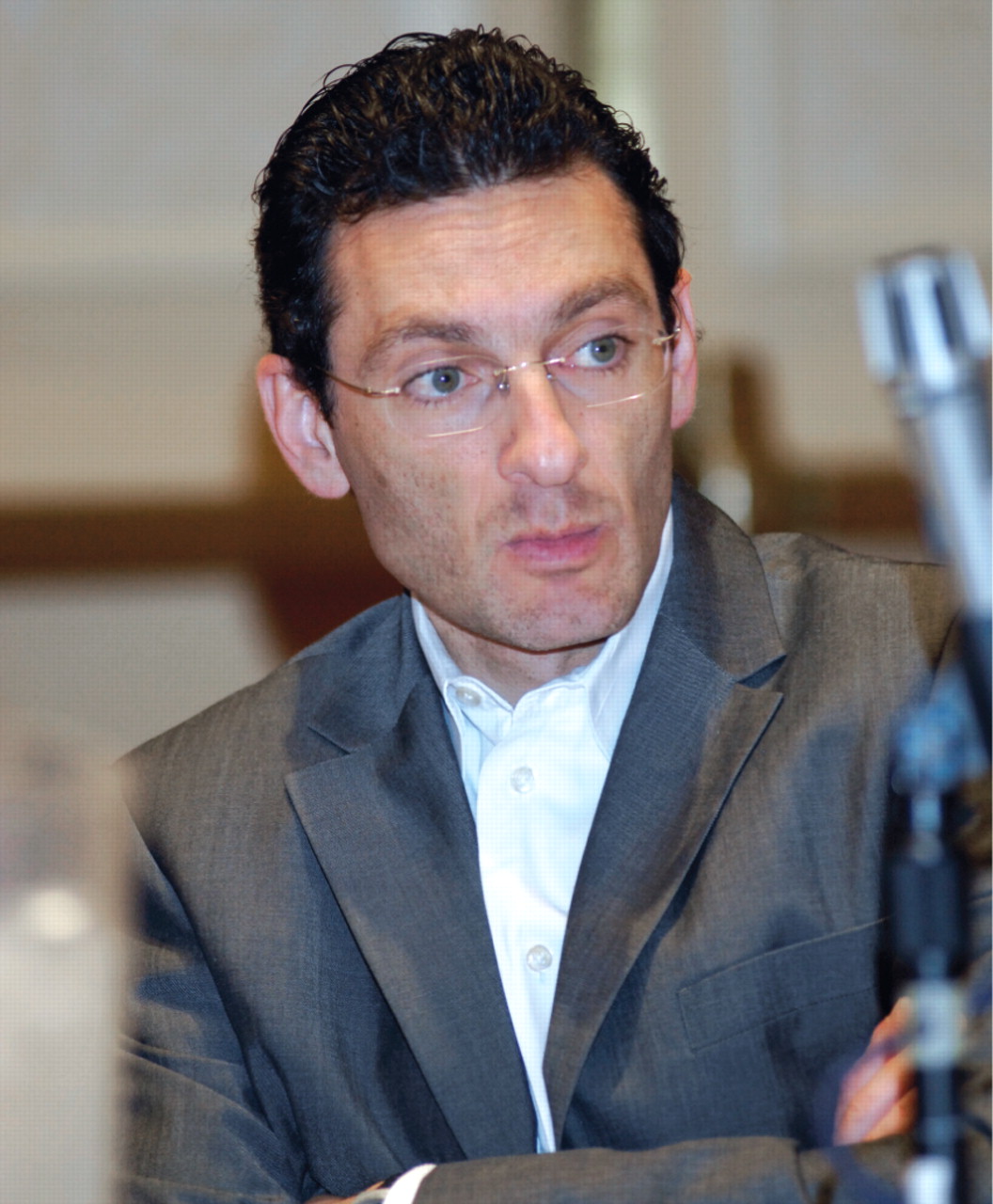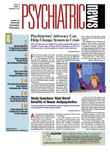Psychopathology, substance abuse, and HIV infection form a grim triangle that calls for treatment approaches at least as complex as the disorders themselves, said Antoine Douaihy, M.D., at APA's Institute on Psychiatric Services in October in New Orleans.
About half of drug abusers have a comorbid mental illness, and substance abusers with HIV have high rates of psychopathology, said Douaihy, an assistant professor of psychiatry at the University of Pittsburgh School of Medicine and medical director for addiction medicine services at the Pittsburgh AIDS Center for Treatment.
Any of the three elements of this “triple diagnosis” may be associated with poor judgment, high-risk behavior, and impulsivity.
Many substance users have depression, schizophrenia, schizoaffective disorder, or borderline personality disorder. Substance use, especially injection drug use, frequently co-exists with other psychiatric symptoms such as impulsivity, cognitive impairment, or hypersexuality, any of which can increase HIV risk.
“The link is strong in any direction,” he said. “This is a population at significant risk for HIV infection.”
Triple-diagnosis patients may also face unemployment, poverty, poor housing, legal problems, and lack of social support, among other difficulties.
Although antiretroviral treatment of HIV has become standard, poor adherence to treatment among a dually diagnosed population with the infection lowers the chances of successful anti-HIV therapy.
“Active drug use is associated with low adherence to antiretroviral therapy,” said Douaihy. “Therefore it is not advisable to start antiretroviral treatment until the patient's addiction and psychiatric problems are stabilized.”
Rather than exclude patients from treatment, however, Douaihy suggests a multipronged approach to care. Dual-diagnosis patients often get tracked into either the mental health or the substance abuse systems, but an ideal system would include services for drug withdrawal, general medical care, substance abuse treatment, and other psychiatric treatment at the same site. That not only reinforces compliance but lessens chances for missed appointments when patients are referred off site.
“The sequential approach works poorly,” said Douaihy.“ Effective services require an integrated approach. Common sense is more important than special expertise.”
While an effective integrated program includes coordinated mental health, substance abuse, and medical aspects of the patient's care, he said, it may also require case management, assertive outreach, group therapy, psychotherapeutic interventions tailored to the patient's readiness for change, motivational strategies, special attention to psychosocial needs, strong emphasis on psychoeducation, psychopharmacologic management, and behavioral strategies to help the patient through both easy and difficult times.
An integrated treatment plan usually occurs in stages—engagement, persuasion, active treatment, and relapse prevention—to ensure optimal timing of interventions, he said. “If one is missing, the process collapses and more problems arise.”
In addition, it is crucial that all clinicians who care for these patients be aware of interactions between antiretroviral drugs and other substances likely to be found in these patients. Methadone levels, for instance, may rise, fall, or remain the same, depending on which antiretroviral is prescribed. Antiretrovirals or protease inhibitors may also amplify effects of street drugs like heroin, amphetamines, and ecstasy.
Douaihy also seeks to involve “concerned significant others” in the patient's care—family and friends who form a helping social network. A long-term perspective helps too. The best predictors of positive outcomes are the strength of the therapeutic alliance and the duration of care, he pointed out.
However, the most important elements in treatment are engagement and motivation, he said. He rejects programs that discharge patients when they have problems. “I tell patients, 'I want to see you when you're having a hard time—when you're relapsing or having worse symptoms.'”
A fact sheet from APA, “HIV and Substance Use,” is posted at<www.psych.org/AIDS/substanceusecr06-05.pdf>.▪

